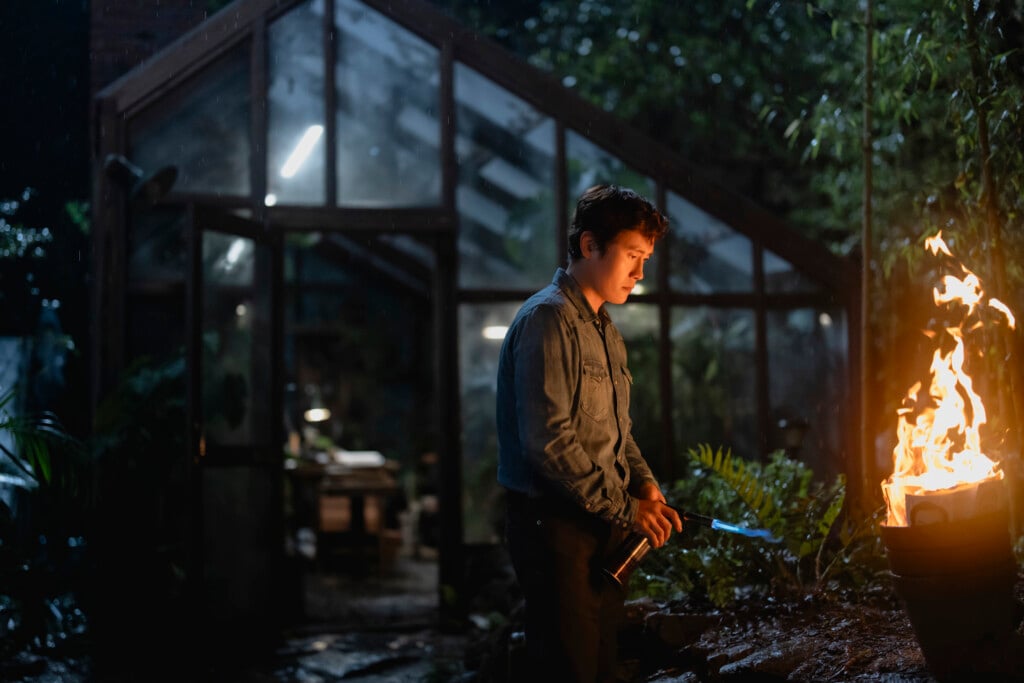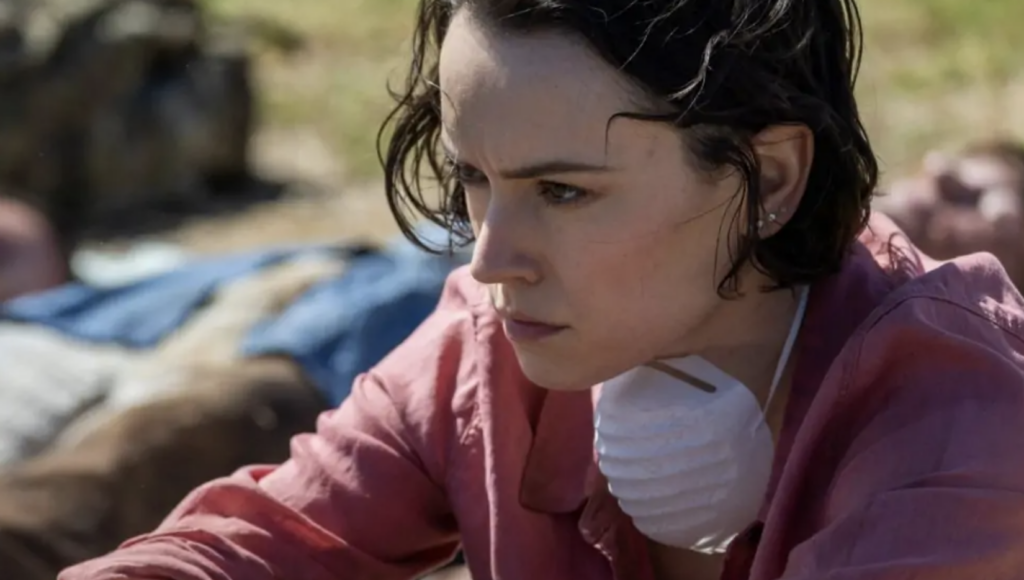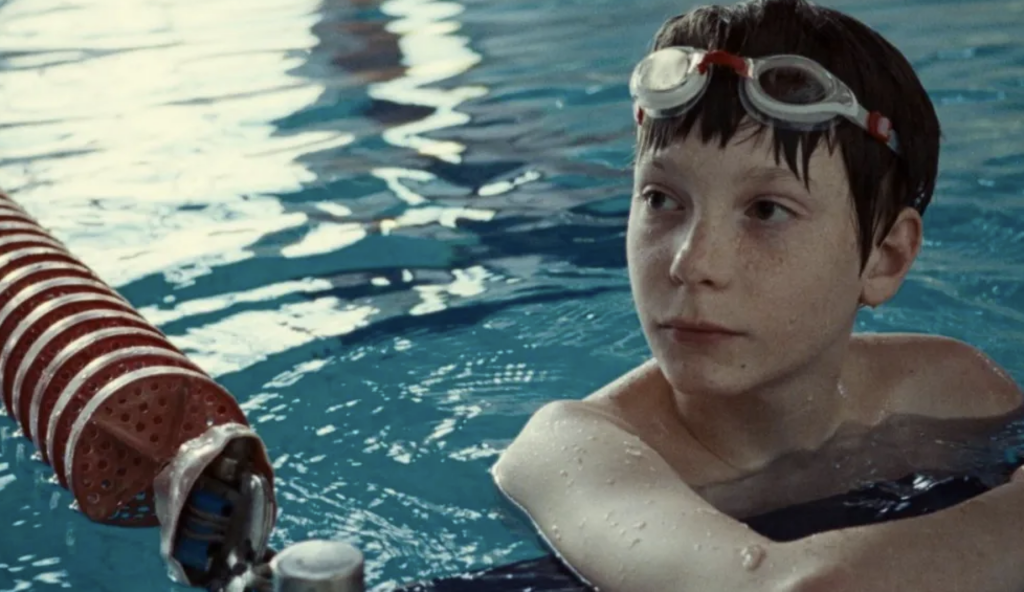Guillermo del Toro’s Frankenstein is missing a spark of life
Guillermo del Toro knows as well as anyone that adaptation is an art unto itself. Frankenstein is his third film in a row adapting an existing work of literature that’s also been interpreted onscreen before. The anticipation that accompanies an auteur like del Toro adapting anything—whether it’s William Lindsay Gresham’s Nightmare Alley, Carlo Collodi’s The Adventures of Pinocchio, or Mary Shelley’s Frankenstein—is that you’re excited to see his take on the material.
So what is del Toro’s take on the classic novel, one that he’s professed a close connection to his entire life? Shockingly, nothing all that interesting. This isn’t a one-to-one adaptation of Shelley’s novel; for that there’s Kenneth Branagh’s more faithful (but regrettably cringey) 1994 film, but it’s pretty close. This adaptation also borrows a few aspects from other versions, including Nick Dear’s 2011 play and the 1957 Hammer film The Curse of Frankenstein (fans of that movie will note an unmistakable, much-appreciated visual reference in one scene).
But apart from the sumptuous production design, there’s not much to mark the movie as uniquely del Toro’s. There’s even less to suggest that he had anything to say that needed to be shared in a 2.5 hour cinematic format.
The framework of the story is mostly intact from the novel, with minor alterations: A Nordic expedition in the Arctic is stuck in the ice when they encounter a frostbitten Victor Frankenstein (Oscar Isaac), who shares his cautionary tale of science and ambition gone wrong with the expedition’s captain (Lars Mikkelsen). Victor’s account is interrupted by the arrival of the creature he brought to life (Jacob Elordi), who shares his own perspective of the abuse, abandonment, and isolation he suffered at the hands of his creator.
In its fealty to the novel, del Toro makes the wise choice to keep Victor as the egomaniacal weenie Shelley’s novel casts him as. Isaac’s Victor has a single-minded drive and book smarts to match, but the EQ of a snail thanks to his own cold, abusive surgeon father (Charles Dance). However, Victor’s perspective makes up the entirety of the movie’s first half, and he’s increasingly difficult to spend time with. A character with no interiority beyond his own obsessions who spends most of his time alone or proclaiming his genius to others isn’t the most dynamic guy to spend over an hour with (though to be fair to del Toro, this is a problem that’s plagued nearly every direct adaptation of Frankenstein to date).
At the very least, this part of the movie looks excellent, with del Toro finding the perfect vehicle to show off his love of practical effects and creature design. Early prototypes for the Creature are particularly fun, with all the halting, wheezing and mechanical trickery that made Hellboy and Pan’s Labyrinth such memorable experiences. The costumes, from Crimson Peak costume designer Kate Hawley, are works of art themselves, particularly in regard to Mia Goth’s Elizabeth, a would-be female scientist who becomes significant for both Victor and the Creature. Goth’s showy gowns blend biology, symbols of death and shimmery, subtle patterns into outfits that command your eye every time she’s on screen.
Not surprisingly, del Toro’s real sympathy lies with Elordi’s Creature, portrayed as a miraculous being with immense potential, treated cruelly by his impatient, cowardly creator. His story, which is both sympathetic and metaphorically rich where Victor’s story—like Victor himself—rings hollow, is when the movie really springs to life (sorry). Elordi’s performance is notable for both its physicality and its sensitivity, making the connections to abusive parenting and breaking damaging cycles of learned behavior abundantly clear, though too late in the game to really make the impact they should.
All the pieces are here, but what keeps them from cohering is a strange avoidance to put a personal stamp on a story that really needs it in order to justify its existence as an adaptation. Simply put, it seems like del Toro loves this story too much to really do anything with it, and the whole production feels uneven and strangely uninteresting as a result. This Frankenstein is everything you’d expect, nothing that surprises, and completely devoid of risk.







